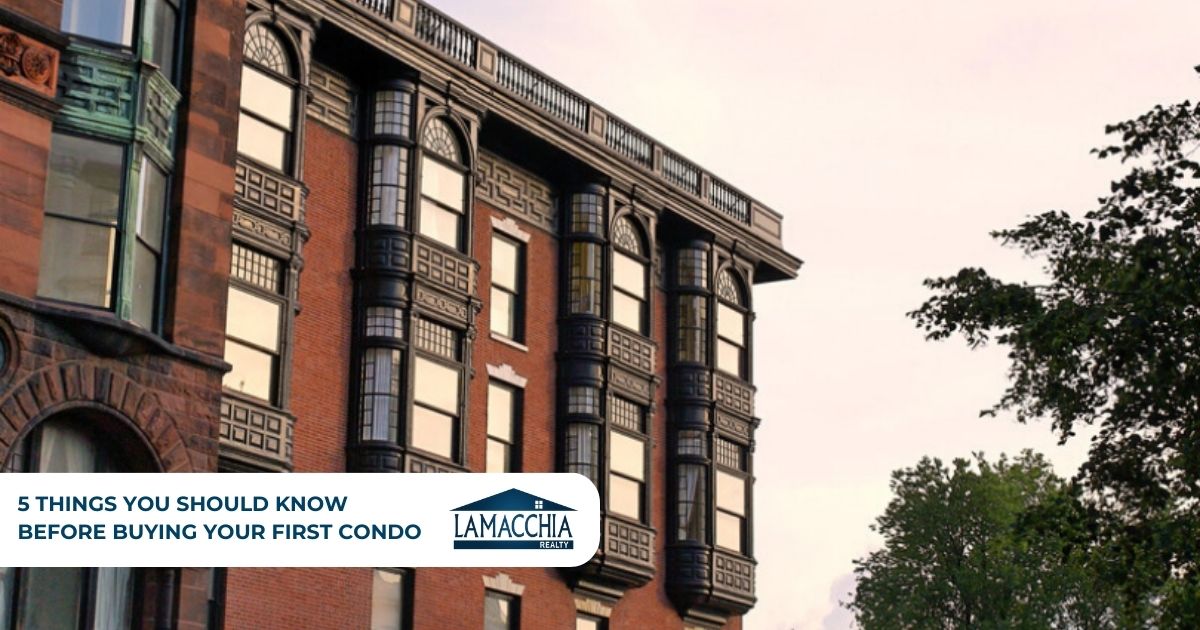
Buying your first home can be a fulfilling experience, and many people say reaching this milestone is their proudest financial achievement. It’s a process filled with excitement, anticipation, and perhaps some feelings of nervousness as you navigate the complexities of the real estate market. As you move through the home-buying journey, many emotions can come into play and potentially cloud your decision-making. That’s why it’s so crucial to approach your search with caution, making sure that you’re making a good investment.
Many first-time homebuyers will look toward purchasing a condominium, gravitating towards a smaller space and a lower purchase price. If buying a condo is something you’re considering, here are five things you need to know before getting started!
1. Know the Type of Condo to You Want to Buy
There are several different styles of condos you can choose from. Explore each and decide which one best aligns with your lifestyle and budget.
High-Rise Condo:
A high-rise condo is a towering building typically found in bustling cities and/or desirable waterfront locations. High-rise buildings usually offer an array of amenities and are typically close to restaurants, shops, and public transportation. Essentially, a high-rise could be the perfect fit for someone who wants to own property but also desires an urban lifestyle.
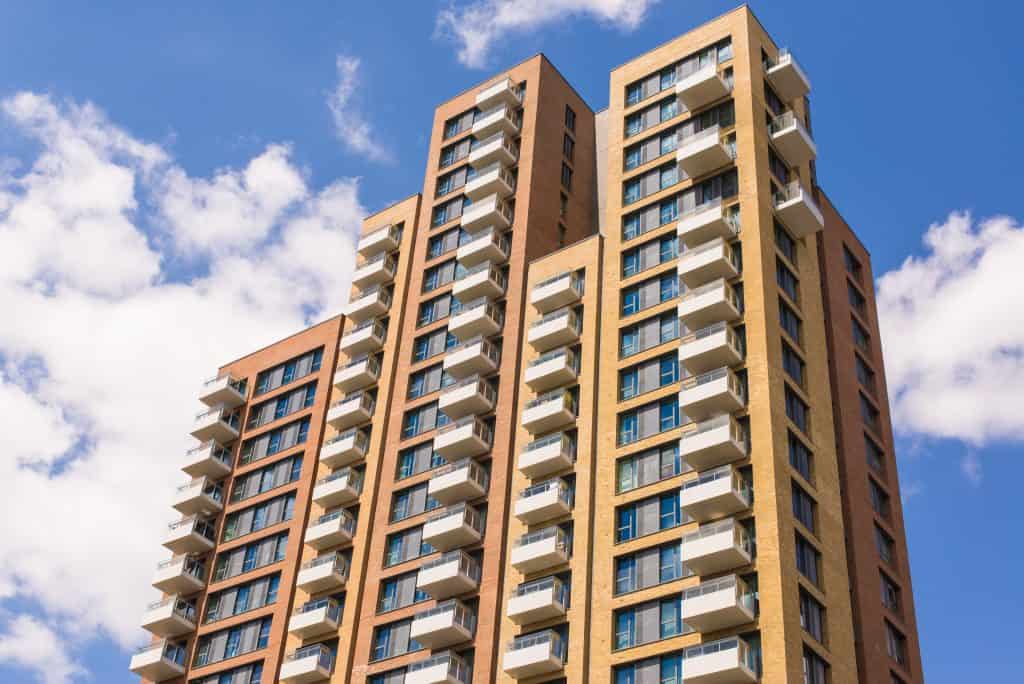
Low-Rise Condo:
A low-rise condo shares many similarities with high-rises, except these buildings are typically only 1-5 stories in height. Low-rises are located both in urban and suburban areas, meaning home buyers have the option between a lively city life or a peaceful suburban feel. These buildings are designed to be more intimate and provide a community-oriented atmosphere. These condos may also offer a list of amenities to its residents.
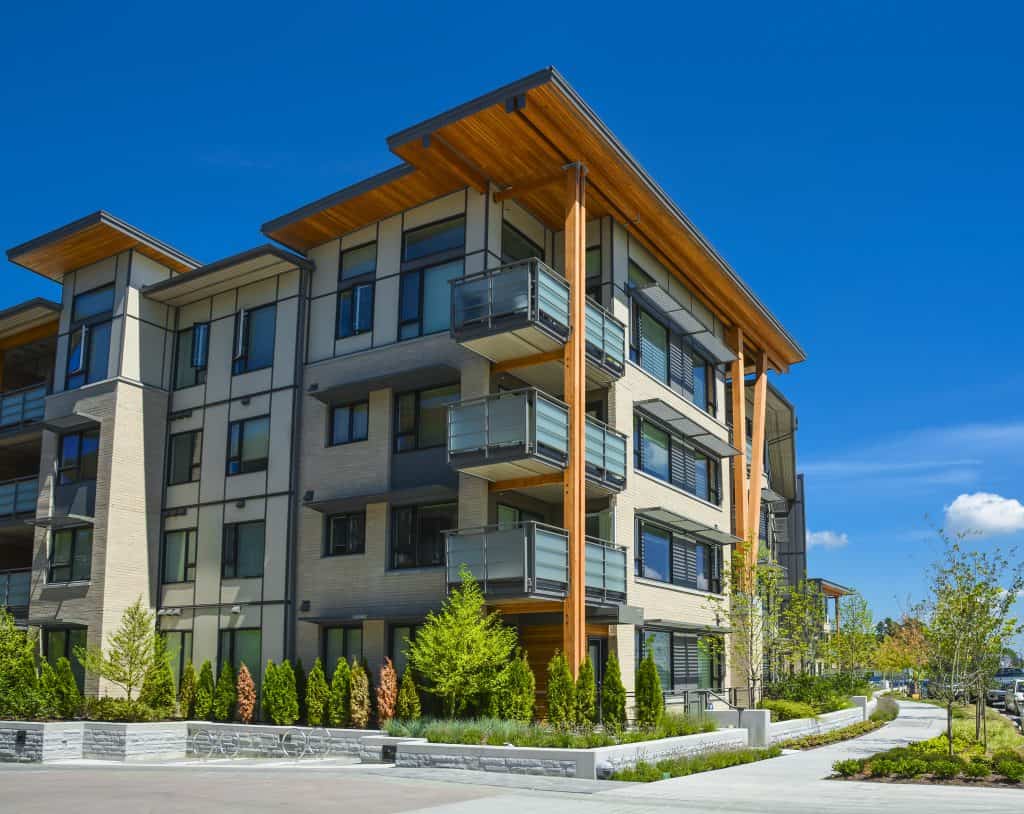
Loft:
Loft condos are trendy living spaces typically found in urban areas, often in converted industrial buildings or warehouses. They feature open floor plans with high ceilings and large windows, offering a spacious atmosphere. Amenities for loft condo owners vary and all depend on the specific HOA. However, there is usually access to communal areas such as rooftop terraces, creating a vibrant community vibe.
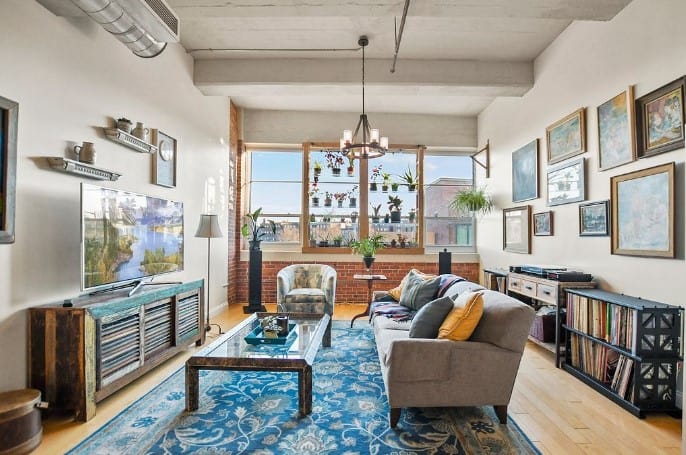
Townhouse:
Townhouses are similar to multi-family homes where there are typically units on each level of the property. Townhouses typically offer a unique blend of urban and suburban life for those who are looking for a little bit of both. These condos often feature amenities such as shared outdoor spaces, and sometimes include facilities like gyms or swimming pools. With their compact yet spacious layouts, townhouse condos provide a cozy and manageable living space for homeowners.
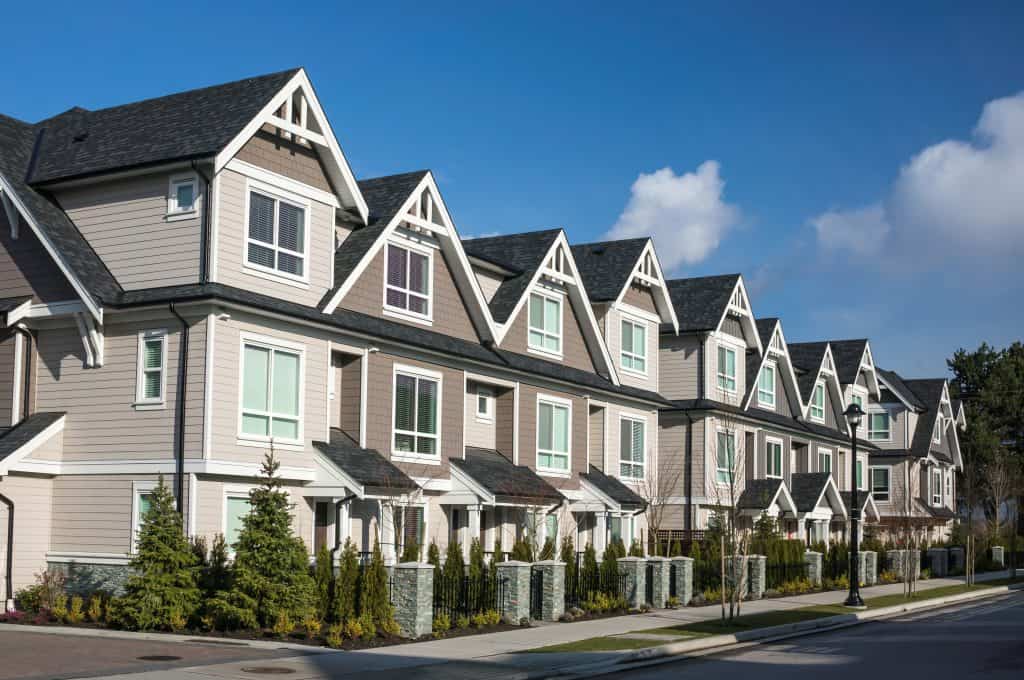
Detached Home:
Detached condos are standalone units typically found in suburban or rural locations. These properties offer the privacy of a single-family home combined with the convenience of condominium living. Depending on the HOA or condo association, residents usually have access to special facilities such as fitness centers or community spaces. Exterior upkeep is often covered by the association for detached condos, perfect for those who want a low-maintenance lifestyle.
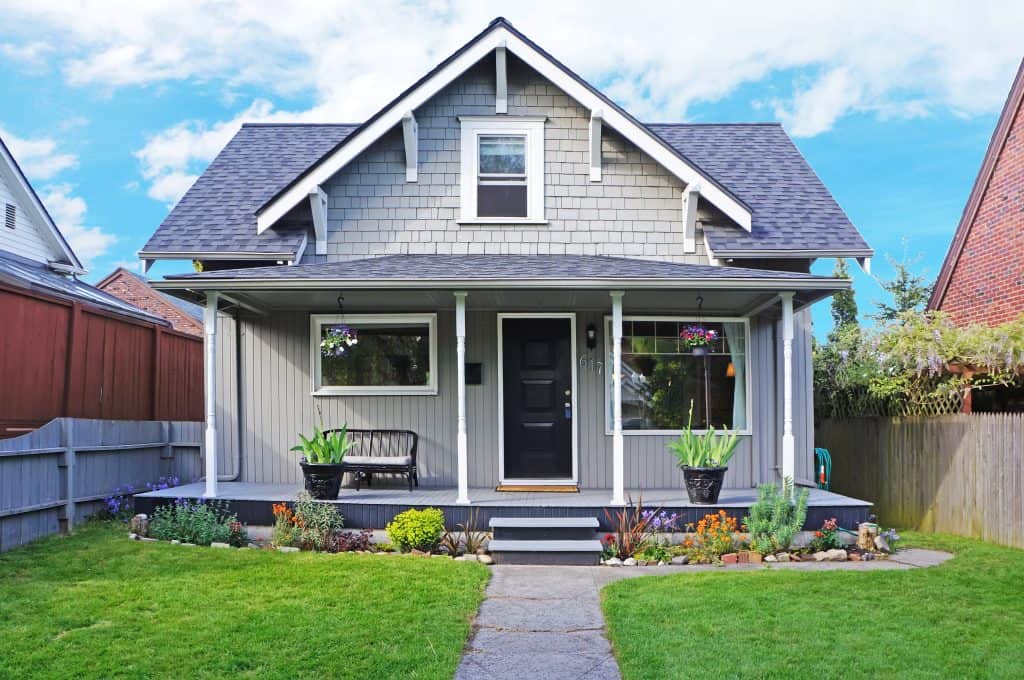
2. Learn and Understand How Condos Work
Before buying your first condo, you should know exactly how they work. Namely, the main difference between a condo and an apartment is in who owns the unit. While apartments are usually owned by a single entity (like a company or a corporation) and therefore are only rentable, condos are owned by individuals. So, even if you rent a condo, your landlord will be a single person while, if you rent an apartment, your landlord will be a company. This opens many interesting avenues when you’re buying your first condo. However, what you should be aware of is that even though you own your condo, it’s managed by the HOA.
HOA
A Home Owners Association manages condos and their communal areas. Even though you own the unit itself, it is carefully monitored by the HOA. First, you’ll need to abide by certain HOA laws and regulations. In addition to this, each condo complex has its own set of rules set in place. These rules can differ from complex to complex, and some rules could make you scratch your head. Familiarizing yourself with the local HOA rules is one of the things you should do before committing to your first condo complex. If the rules don’t align with what you’re looking for, it may be best to search elsewhere.
Cost
Apart from paying the cost of the unit itself, you’ll need to consider certain additional fees. As we mentioned before, condos are owned by individuals but managed by the HOA. As such, there are going to be certain fees you’ll need to take into account before buying your first condo. In addition to this, there are certain financial steps you can take before buying your first home which will make your condo purchase much more secure.
Fees
Since the HOA will manage the communal spaces of your condominium, as well as other areas in a condo complex, you’ll need to pay certain management fees. The management or HOA fees are typically charged monthly in most complexes. The average cost can vary depending on the size of the unit and the amenities the HOA provides. So, make sure you can afford these fees before buying your first home.
Amenities
Since the HOA decides what amenities they will offer, your condo complex might have better amenities than others. You might find a gym, park, or even a pool next to your new home. However, all of these will affect both the costs of the property and the monthly fees you’ll be responsible for paying. This can be a double-edged sword. On one hand, you can buy a condo in a perfect complex that has everything you’ll need, making the HOA fees more justifiable for you. However, if you don’t see yourself utilizing most of the amenities, you may end up paying a large amount of fees for things you’ll never even look at. It’s so crucial to be sure about what you truly need before investing in your first home.
3. Before Purchasing, Find Out Everything You Can About the Unit
Once you’ve narrowed your choice down to a few units, it is recommended to conduct a thorough examination of the condos you are considering purchasing. In many cases, this examination will help you single out the perfect choice for you!
- Is it worth the price? -This is the first and perhaps the most important piece of information you should know before buying your first condo. You should consider how much money it will take to make it inhabitable and to your taste. If the costs are too high, you might want a different unit.
- What are the maintenance costs? – How much are the bills going to be at the end of each month? Can you realistically afford them? Don’t forget to include HOA fees in this calculation!
- What is the parking situation? – This may not be a deal breaker for those living in condos in a city, but if you need parking, be sure to do your research on the lot/garage, and if there is an additional cost for parking.
- Do you want the building to be old or new? – This depends on your preference and the building laws where you live. However, newer buildings usually require less maintenance.
- What kind of security does the building offer? – Are there security cameras monitoring your building? Is there a doorman? Whatever your safety preferences are, be sure to know what the building or complex offers.
Hiring a professional REALTOR® or home inspector to assess your first condo is a crucial step in this process. Their expertise can provide valuable insights, offering a comprehensive understanding of the property before committing. Through their guidance, you gain clarity on all aspects of the home, empowering you to make informed decisions. Ultimately, entrusting your condo search to a seasoned REALTOR® not only provides peace of mind but also propels you closer to achieving your goal of homeownership.
4. Be Sure to Know How Much Space You’ll Have
Before packing up and moving, you should consider whether or not there’s enough space for all your things. In some cases, it’s better to choose a smaller condo for your first purchase, even if you can’t fit all of your things in it. Remember, this is your first investment, so it doesn’t have to be grand, just useful! Besides, you can use this as a great opportunity to declutter your home. If you need the extra space, consider searching for affordable storage solutions in the area. You can store your items there until you come up with a more permanent solution.
5. Figure Out How You’ll Get There
Finally, after you’ve purchased the perfect place, the next step is actually moving! The logistics of moving into your new home are definitely important to know before buying your first condo. Getting to your new home isn’t a big challenge in most cases. However, if you’re moving cross country or own more items than your car can hold, you may need the help of professional movers. If your new place isn’t inhabitable right away, you can even use a mobile storage for your relocation and keep your things close by. This way, you’ll be ready to unpack them on short notice once your new condo is ready.
In Conclusion
Venturing into the world of homeownership is an exciting step in one’s life. With the insights provided, from understanding the different types of condos and how they operate, to considering the financial implications and the practical aspects of moving in, you’re now better equipped to make an informed decision. Remember, choosing the right condo involves more than just love at first sight; it’s about ensuring it fits your lifestyle, budget, and future plans. As you begin the condo-buying process, keep these tips in mind, and you’ll be able to navigate this purchase with confidence!
